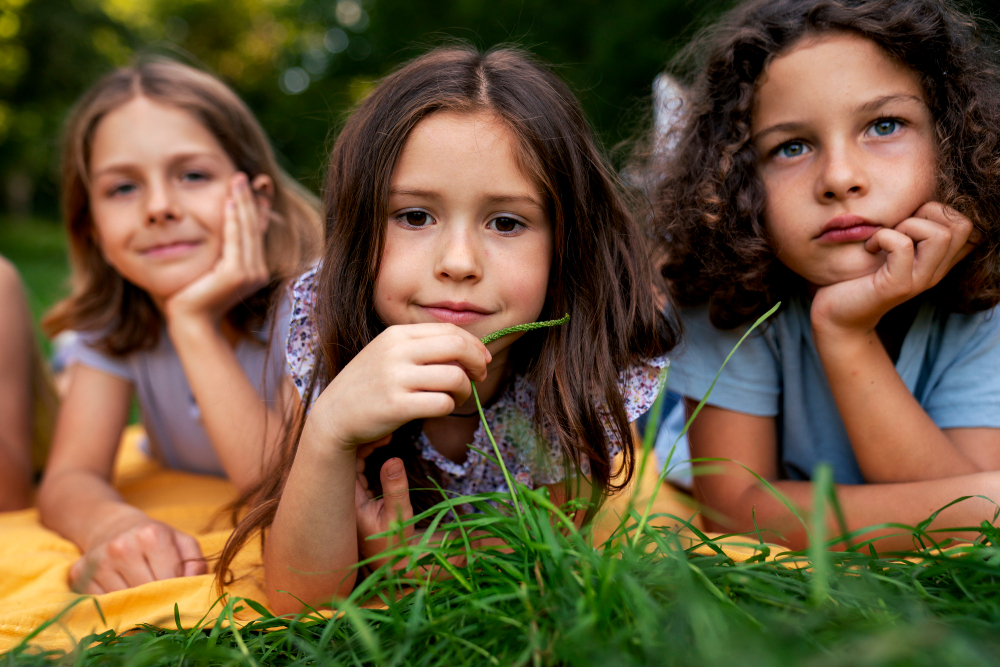Nature vs Nurture Difference in Child Development

The Nature vs Nurture Child Development
Child development is a fascinating journey that begins the moment a child is born and continues throughout their life. As parents, educators, and caregivers, we often wonder what factors influence a child’s growth and development. The age-old debate of nature vs nurture remains at the forefront of discussions surrounding child development. In this blog, we’ll delve into the key concepts and differences between these two factors and how they shape a child’s growth.
What is Nature?
When we talk about nature in the context of child development, we are referring to the biological and genetic factors that influence a child’s development. These factors are present from the moment a child is conceived and include elements like genes, inherited traits, and temperament.
Genes play a pivotal role in determining a child’s physical and psychological characteristics. They control everything from a child’s hair and eye color to their predisposition to certain health conditions. Some children may be naturally gifted in areas like music, sports, or mathematics due to genetic predispositions.
Temperament is another significant aspect of a child’s nature. It refers to a child’s inherent characteristics such as being introverted or extroverted, resilient, or sensitive. A child’s temperament can affect how they interact with their environment and the people around them.
What is Nurture?
Nurture, on the other hand, encompasses all the environmental influences a child experiences throughout their life. These influences include their family, upbringing, social surroundings, and educational experiences. Nurture plays a vital role in shaping a child’s personality, behavior, and overall development.
Family and caregivers have a profound impact on a child’s upbringing. The way they are raised, the values instilled, and the love and care provided all contribute to a child’s emotional and psychological development.
Social interactions and peer relationships also play a role in nurture. A child’s experiences with friends, teachers, and mentors can shape their social skills, communication abilities, and overall personality.
Education and the learning environment are critical components of nurture. The quality of education a child receives, the opportunities they are exposed to, and the encouragement they receive all influence their cognitive and intellectual development.
The Interaction between Nature Vs Nurture
It’s essential to understand that nature and nurture do not exist in isolation. Instead, they interact and influence each other throughout a child’s development. Genes may predispose a child to certain traits, but it’s the nurturing environment that can either amplify or mitigate these predispositions.
For example, a child may have a genetic inclination towards music, but without exposure to musical instruments and a nurturing environment, that potential may remain untapped. Similarly, a child with a genetic predisposition to a specific health condition may benefit from early interventions and healthcare in a nurturing environment.
The nature vs nurture child development highlights the complex interplay between inherent genetic factors and the environmental influences that shape a child’s growth. In comparison, nature provides the foundation, nurture molds and sculpts a child’s personality, skills, and overall development.
As parents and caregivers, it’s crucial to recognize the significance of both factors and provide a supportive, nurturing environment that fosters a child’s unique potential. By understanding this delicate balance, we can better guide children on their journey of growth and self-discovery, ensuring they reach their full potential. Remember, it’s not a matter of nature vs nurture, but rather how they work together to create the amazing individuals children become.
